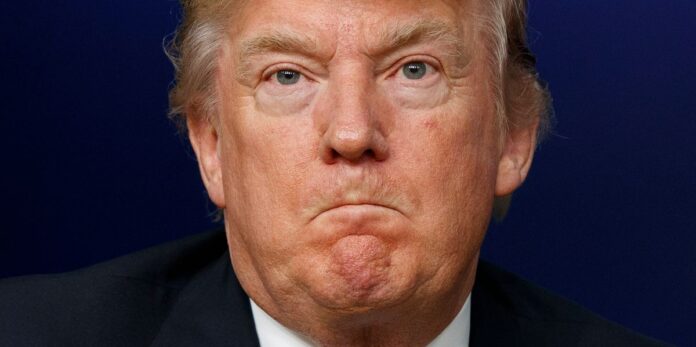Key Falsehoods or Claims:
In the article “Trump and Kennedy Spouting Dangerous Autism Misinformation” the main falsehoods or claims revolve around the promotion of discredited theories linking autism to vaccinations. Both Trump and Kennedy have publicly made statements suggesting a link between vaccines and autism, despite overwhelming scientific evidence to the contrary.
Source Bias:
The Autistic Self Advocacy Network (ASAN) is a neutral organization advocating for the rights and interests of autistic individuals. They have a vested interest in debunking misinformation and promoting accurate information about autism. The article is likely to be based on verifiable facts rather than biased opinions.
Analysis of Falsehoods Impact on Public Opinion and Democracy:
The perpetuation of falsehoods about autism and vaccinations can have a detrimental impact on public opinion and trust in scientific evidence. This misinformation may cause unwarranted fear and skepticism about vaccines, leading to decreased vaccination rates and subsequent outbreaks of preventable diseases. The spread of conspiracy theories by prominent figures like Trump and Kennedy can erode trust in public health institutions and undermine the democratic process by fostering a climate of distrust and misinformation.
Hypothetical Public Reactions or Political Outcomes:
If these false claims gain traction among the public, there could be a rise in vaccine hesitancy leading to an increase in preventable diseases. Additionally, political leaders who promote such misinformation may face backlash from scientific communities and public health advocates, potentially influencing voter behavior and public trust in their leadership.
Further Reading:
For further reading on the topic of media influence and misinformation studies, reputable sources such as the Poynter Institute, the Nieman Foundation for Journalism at Harvard, and the Stanford History Education Group offer valuable insights into the impact of misinformation on public opinion and democracy. Additionally, academic research articles on the psychology of belief and the spread of misinformation can provide in-depth analysis of these phenomena.
Source link
Redirect URL
